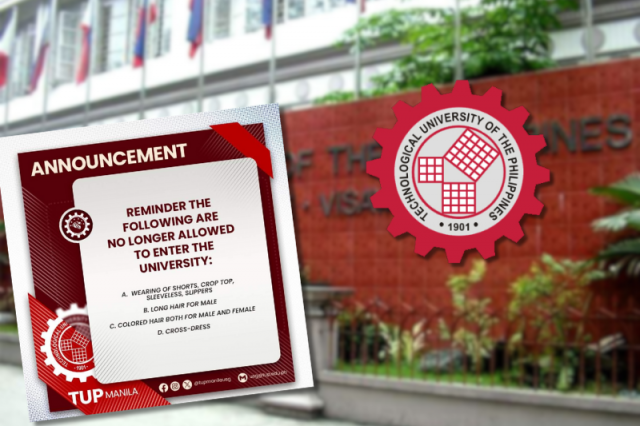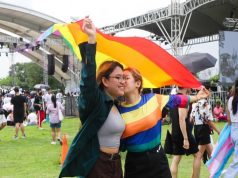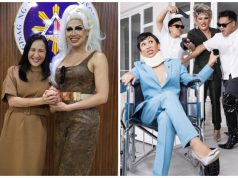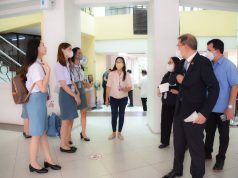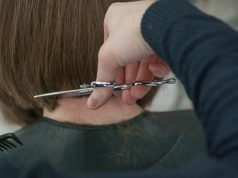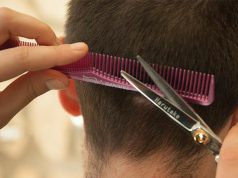The Technological University of the Philippines (TUP) Manila received online backlash this week after releasing a revised list of haircut and dress code policies banned in the university.
In a now-deleted Facebook post on August 19, the TUP Manila University Student Government (USG) posted a list of reminders, based on a memorandum from the Office of Student Affairs, prohibiting students from cross-dressing and male students from having long hair.
The post included that students can no longer wear shorts, crop top, sleeveless, or slippers and have their hair colored. Graduating students, on the other hand, are not included in the rules.
“Graduating students are excluded from the indicated strict policy,” the post read.
An online user criticized TUP Manila’s policies, saying they are discriminatory against students and in violation of Ordinance 8695 or the Manila LGBTQI (Lesbian, Gay, Bisexual, Transgender, Queers, and Intersex) Protection Ordinance of 2020.
Former Manila mayor Isko Moreno signed the ordinance in October 2020, banning discrimination based on a person’s sexual orientation and gender identity expression (SOGIE).
This was also cited by Palanca-award-winning writer and poet Jerry Gracio on X (formely Twitter).
“This violates Ordinance 8695 or the Manila LGBTQI Protection Ordinance of 2020 which bans discrimination on the basis of SOGIE. Kung may paggalang sa SOGIE sa mga Catholic universities tulad ng Ateneo de Manila, bakit paurong ang utak ng admins ng TUP, a state university,” Gracio said.
Another online user noted that TUP is a state university covered by the free tuition law and students should be allowed to express themselves freely.
“TUP is not a private institution, taxes natin ang [pumopondo] diyan kaya dapat they should allow students to express themselves freely (given that wala namang nilalabag na batas ang [..] di pag gupit ng buhok),” an X user added.
‘Inconsistencies’
A Facebook user pointed out TUP Manila’s “inconsistencies” in its policies after retracting the rule that allowed hair color, long hair and cross-dressing from the previous semester.
“Inconsistencies in the enforcement of rules, such as allowing hair color and long hair in the previous semester but reverting to stricter rules afterward, are causing frustration among the students. These rules affect all students, not just LGBT students, and there is a call for these issues to be resolved,” the post read.
TUP Manila USG released a previous list of guidelines and parameters for the Academic Year 2023 to 2024, allowing students to “express their gender by manifesting the clothes and haircut of their choice” until no amendments are made to the 2023 TUP Student Handbook.
Under the guidelines effective on September 7 this year, students part of the LGBTQIA+ community may wear their preferred official uniform based on their gender identification and expression.
Male students are allowed to have long hair, provided it should be tied back into a ponytail, while students are allowed to have brown hair colors.
In a statement on August 19, the student government said it is “discussing terms” with the concerned offices regarding the policies.
“While we acknowledge and understand your sentiments, we are with the students. To clarify, the recent announcement was issued solely for information dissemination and should not be construed as an endorsement of the policies in question,” the statement read.
TUP USG Manila – Students’ Rights and Welfare Committee said it discussed the proposal to ease the current hair and dress policy with the university’s Vice President of Academic Affairs (VPAA) on August 16.
“VPAA suggested that we should include feedback from professors and officials in the TUP Dugong Bughaw Survey. This is to ensure that we get a well-rounded view of opinions on this issue,” the committee said.
“Although the original survey included a diverse group, including non-LGBTQIA+ respondents, we agreed that gathering additional feedback from faculty and staff would be beneficial,” it added.

